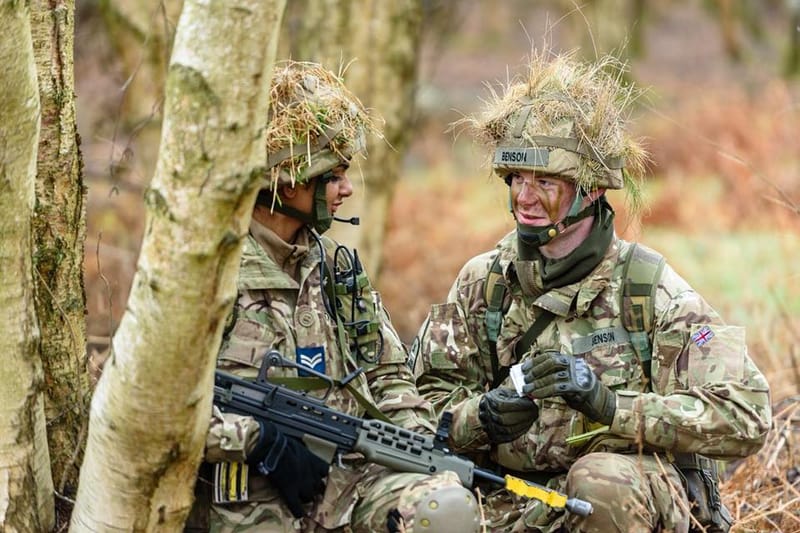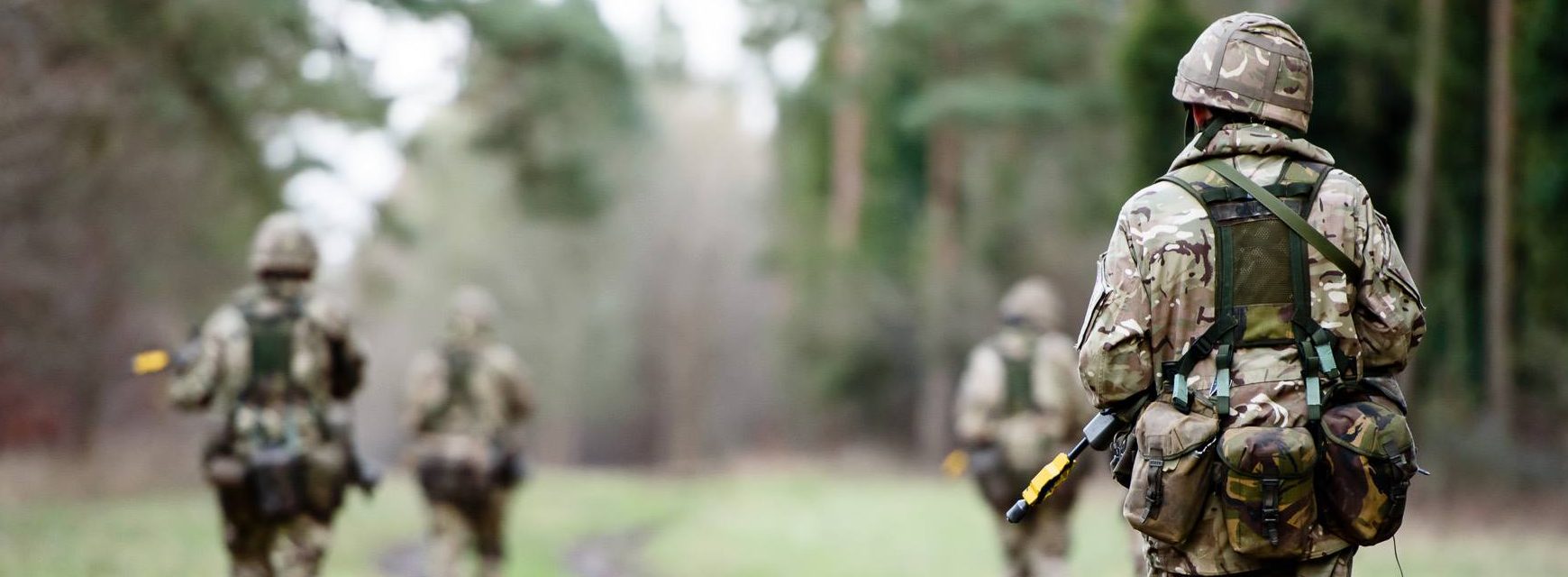Fieldcraft

Fieldcraft exercises vary widely and each places emphasis on different aspects of how to survive and conduct yourself in the field. Many involve two teams being pitted against each other. You and your team might need to move quietly, avoiding detection as you sneak upon an 'enemy' installation. Sound easy? Think again. Speed might also be a big factor of your success. Do you risk exposing your position at the cost of achieving your objective more quickly? Decisions like these are challenging and need to be made 'on-the-fly'.
A massive advantage of fieldcraft exercises is that they force you to use your own initiative, sometimes affecting your teammates. What would happen if the commanders of your team ‘went down’? Would you take control?
If you have natural leadership qualities, they'll definitely show themselves here.
Fieldcraft training starts at the Squadron. You will then have an opportunity to partake in a taster day. This means you spend a day in the field with experienced instructors who will teach you the basics.
If you like what you have done you can move onto the next level when you will spend a weekend sleeping under canvas learning new skills such as cooking your own food from ORP (Operational Ration Packs) and how to move and see at night.
You will progress with more weekend training until you can make an improvised shelter and work as an individual and a team member.
All the training is done by qualified staff who are either ex-regular forces or have undergone an examined period of training themselves to a high level. Cadets are supervised and staff are in the same conditions as cadets. A lot of training goes on on the Norfolk military training areas and the RAF supply vehicles for us to use on which staff are MOD trained and monitored.